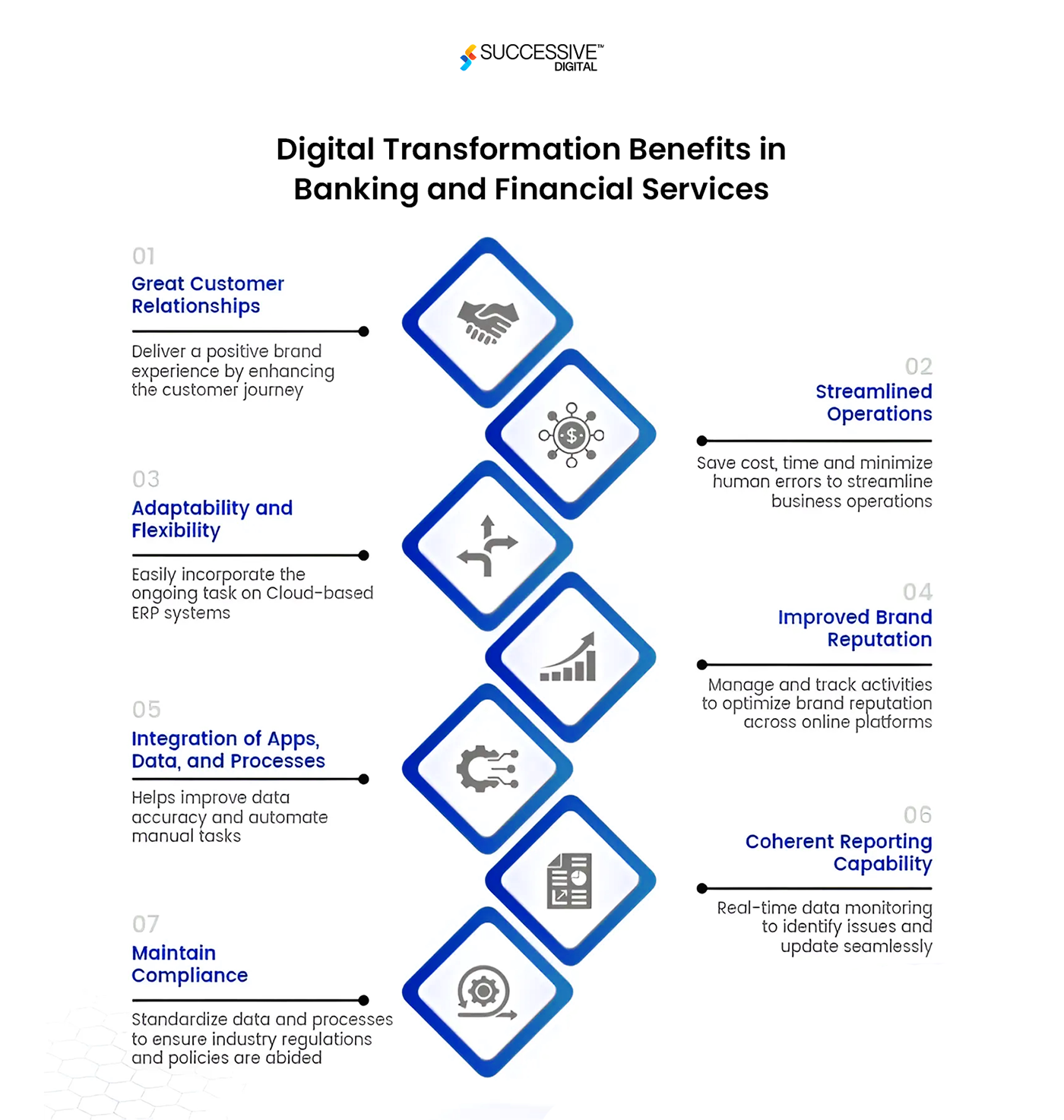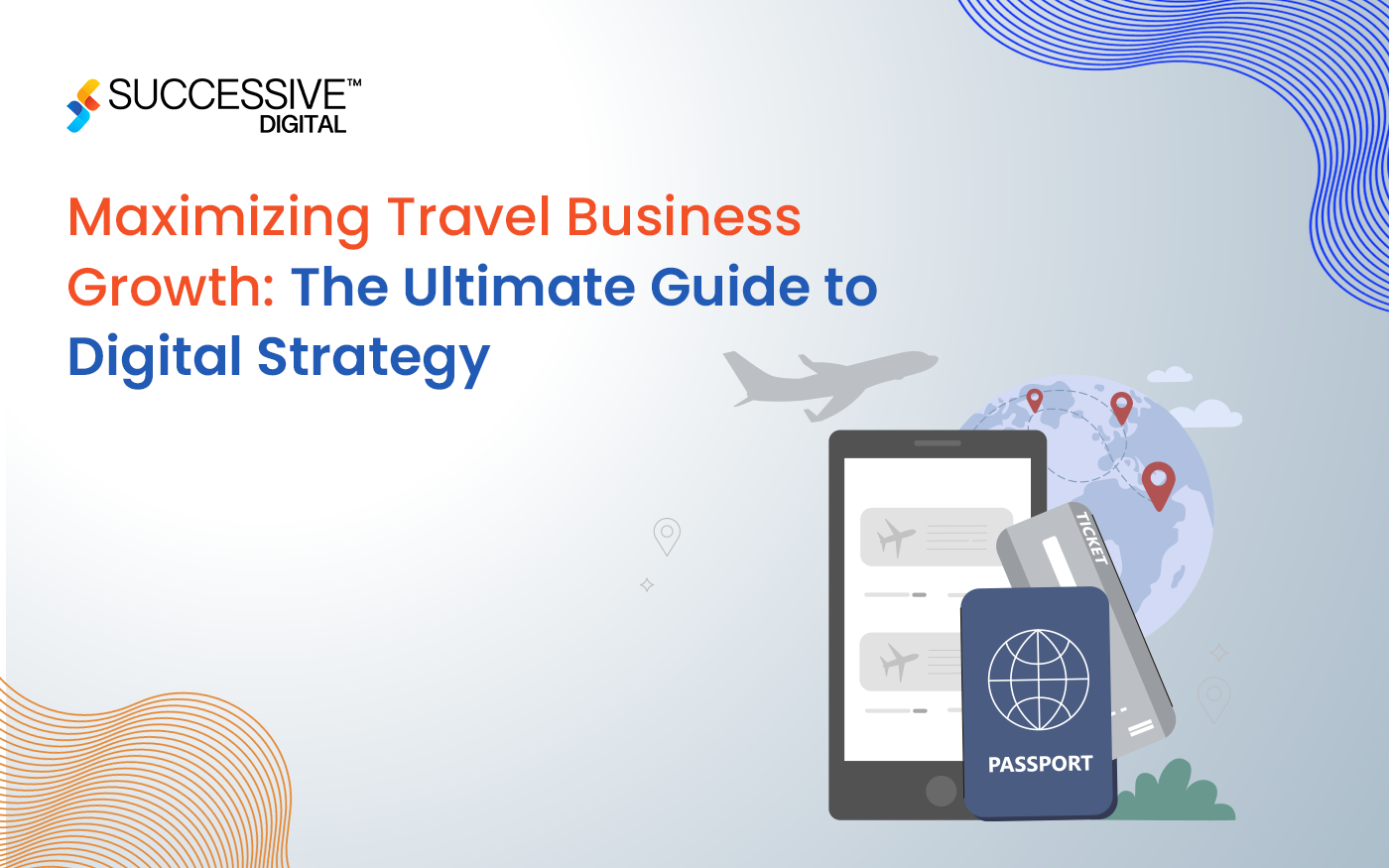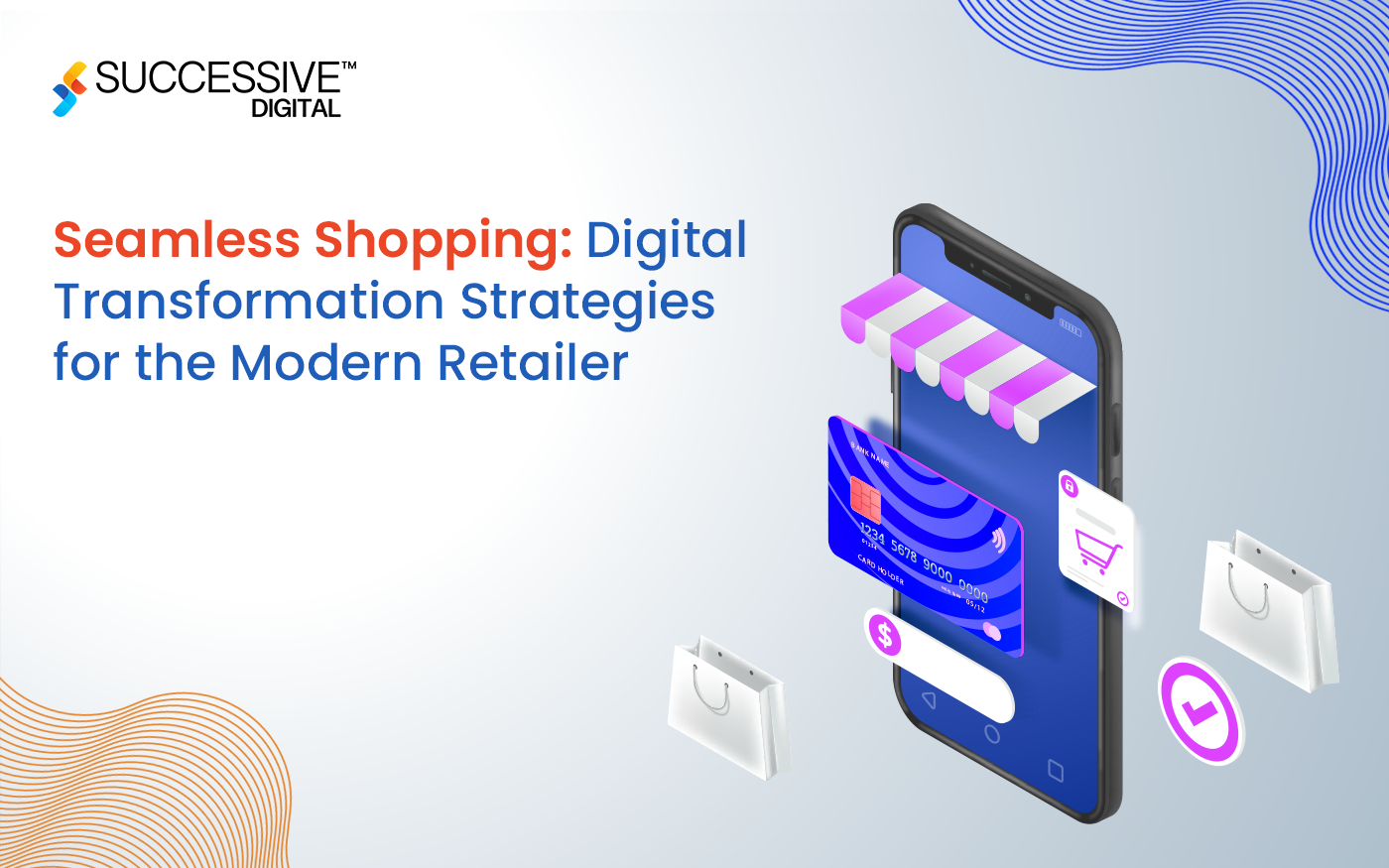The convergence of technology and finance, often referred to as fintech, has led to positive changes in the global economy. With the rapid transformation taking place in finance, fintech is revolutionizing access, delivery, and digital banking services, redefining traditional boundaries of visiting physical banks and shaping new systems. Fintech is also spearheading a new generation of financial services that reflects unique connectivity, accessibility, and flexibility.
Digital innovation in finance has a diverse array of technological advances from mobile banking apps and digital wallets to robo-advisors and blockchain-based banking solutions. These advances are changing the way individuals and organizations manage their finances, offering new convenience, efficiency, and customization they experience like never before.
This blog will explore the digital transformation impact on the fintech industry, highlight the latest market trends, the transformative potential of new fintech innovations, and the outlook of this dynamic sector. Through real-world examples and insightful analysis, the blog will also discover how fintech is bridging the gap between time and finance, empowering consumers, and businesses to navigate the digital financial system with confidence and ease.
Impact of Digital Transformation on Global Fintech Landscape:

Fintech digital transformation in recent past has had a profound impact on the banking sector globally, transforming the way financial services are delivered to users with rich customer experience, higher brand trust, and retention strategies such a reward. Traditional brick and mortar banks are being radically transformed by digital first fintech companies with mobile solutions that are matching the evolving needs of consumers.
The rise of mobile banking apps, online payment structures, robo-advisors, and peer-to-peer lending platforms has democratized this sector, creating access to finance by all individuals and businesses irrespective of geographic location and demographics setup.
Furthermore, digital banking revolution has led to new business models and revenue streams in the fintech business space. Open banking systems using application programming interfaces (APIs) have allowed financial institutions and the third-party developers to collaborate and connect seamlessly with banking systems, notably delivering progressive products and services that affect the routine banking style of users. Artificial Intelligence (AI), machine learning (ML), blockchain along with advancement in cloud computing have paved the way for more stable, secure, and convenient financial transactions, account management and regulatory compliance.
Decoding Fintech Trends: A Closer Look at Market Dynamics
Several key market developments are shaping the future of fintech and driving innovation in the banking industry. A top trend is the adoption of digital payments and cashless transactions, driven by the rise of e-commerce, mobile banking platforms, and contactless fee technologies due to the growing number of consumers wanting to have convenience and protection of their currency. Fintech companies address this desire with mobile wallets, virtual currencies, and creating modern solutions to accessing financial services such as biometric and authentication mechanisms.
Another major trend is the expansion of fintech into new verticals beyond traditional banking and finance. Fintech digital transformation solutions are now leveraged in insurance, wealth management, real estate, healthcare, and training space providing new opportunities for disruption and growth. For example, InsurTech startups are using data analytics and AI to transform the legacy enterprise services and deliver customized plans, faster claims processing, and advanced threat assessments.
Also, the growing attention towards decentralized finance (DeFi) and blockchain technology is changing the availability and distribution of financial resources, thereby increasing the interest of every banking user. DeFi system for peer-to-peer lending, automated smart contracts, decentralized exchanges, successfully by pass the reliance on traditional central middlemen Similarly, blockchain, characterized by immutable ledgers and decentralized consensus mechanisms, transparency, better security, reduced fraud, streamlined payments also helps ensure proper financial control.
Bridging the Gap Between Technology and Finance:
Fintech is bridging the space between technology and finance, allowing economic institutions to embrace digital innovations to respond user problems, enhance operational efficiency, and drive sustainable enterprise growth. By leveraging emerging technologies such as AI, ML, blockchain, and data analytics, fintech corporations can customise and supply more predictive banking services that meet the goals and desires of their users.
Additionally, digital transformation in finance empowers account holders by supplying variety of financial products and services through a wide range of options and competitive pricing. Through digital banking apps, economic planners, and robo-advisers, individuals can better control their finances, spend money on distinctive portfolios, and make informed financial choices in real-time.
Fintech also enable reach of financial services to underserved populations to offer institution services, credit facilities, and insurance. Additionally, fintech is riding innovation in traditional banking sector by creating a culture of experimentation, collaboration, and agility. Banks and agents are partnering with fintech startups and technology providers, making investments in digital transformation solutions, and adopting an agile method to compete in an unpredictable emerging market.
Fintech Success Stories: Real-World Examples of Innovation
Robinhood:
Robinhood is a commission-free stock trading app that has provided tens of millions of users around the world with democratic access to the stock market. By eliminating the costs of buying and selling and providing a human-friendly mobile interface, Robinhood has empowered individual traders to create wealth and achieve financial independence by increasing the flexibility and value of investing not on the strong
Revolut:
Revolut is a digital banking app that offers a range of financial services including currency exchange, international remittances, on-site peer-to-peer payment, cryptocurrency trading, financial planning tools, and virtual debit card. Revolut has disrupted the space with millions of downloads.
Fintech is revolutionizing the global financial panorama by harnessing the power of digital change to bridge the gap between consumer learning, new capabilities, technology and finance, The future of digital transformation in finance is promising because of the potential it can deliver leveraging emerging technologies to adapt to changing market trends and meet customer’s evolving needs.












